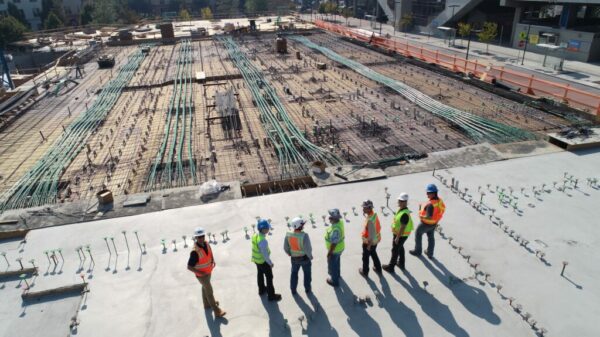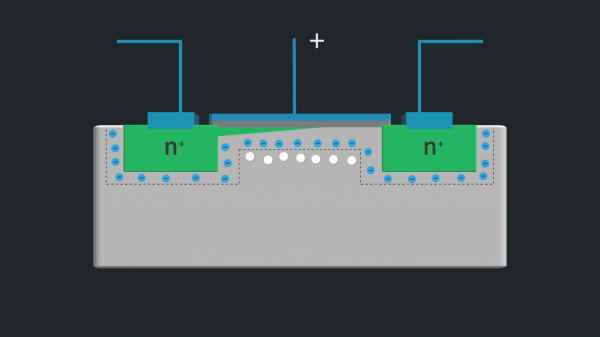The landscape of substance abuse treatment is undergoing a profound transformation, driven by advancements in medical science, therapeutic techniques, and facility design. Modern drug rehab centers are no longer just places to detox; they are environments where every aspect is designed to facilitate recovery, healing, and personal growth. This article explores how these innovative facilities and therapies are revolutionizing the journey to sobriety.
The Evolution of Treatment Facilities
From Clinics to Healing Environments
Traditional substance abuse facilities often felt clinical and impersonal. Today’s treatment centers are transforming into spaces that resemble wellness retreats more than hospitals. These modern facilities are designed with the understanding that environment significantly impacts healing. They offer comfortable, homelike settings that provide peace and privacy, helping individuals focus fully on their recovery.
Integrating Nature and Design
Many modern centers incorporate elements of nature, natural light, and open spaces to promote well-being and reduce stress. Thoughtful design elements can create a sense of calm and stability, essential for individuals who are working through the challenges of recovery.
Cutting-Edge Therapies in Modern Recovery
Evidence-Based Treatment
Contemporary drug rehab centers employ a range of evidence-based treatments tailored to individual needs. This might include traditional methods like cognitive-behavioral therapy, alongside newer approaches such as biofeedback, which helps patients understand and control their physiological responses to stress.
Personalized Medicine
Advancements in genetics and personal medicine are beginning to play a role in addiction treatment. Understanding an individual’s unique genetic makeup can help clinicians tailor medication and therapy approaches to improve outcomes and reduce the risk of relapse.
Holistic and Alternative Therapies
Modern facilities often incorporate holistic therapies such as yoga, meditation, acupuncture, and nutrition counseling. These practices address the physical, mental, and spiritual aspects of addiction, supporting a more comprehensive and effective recovery process.
The Role of Technology in Treatment
Digital Tools and Telehealth
Technology is becoming an integral part of substance abuse treatment. Digital tools, including apps for meditation and mood tracking, support ongoing recovery. Meanwhile, telehealth services allow for continuous connection with therapists and support groups, crucial for those in recovery.
Virtual Reality Therapy
Some facilities are experimenting with virtual reality (VR) to treat addiction. VR can simulate real-life situations where individuals might face triggers, allowing them to practice coping strategies in a safe and controlled environment.
The Importance of Aftercare
Sustaining Long-term Recovery
The journey doesn’t end after leaving the treatment facility. Modern drug rehab centers emphasize the importance of aftercare in sustaining long-term recovery. This might include ongoing therapy, support groups, and wellness activities to help individuals navigate the challenges of life post-treatment.
Choosing a Modern Facility
When considering a drug rehab facility, it’s essential to look for one that combines a comfortable and healing environment with a range of modern therapies tailored to individual needs. Facilities that embrace these innovative approaches are better equipped to support a successful and lasting recovery.
Conclusion: A New Era of Recovery
The revolution in substance abuse treatment is providing hope and improved outcomes for those struggling with addiction. Modern facilities and therapies are reshaping the recovery journey, making it more effective, supportive, and holistic. With these advancements, individuals are better positioned than ever to overcome addiction and rebuild their lives, supported by the best that science, technology, and compassionate care have to offer.
















































You must be logged in to post a comment Login